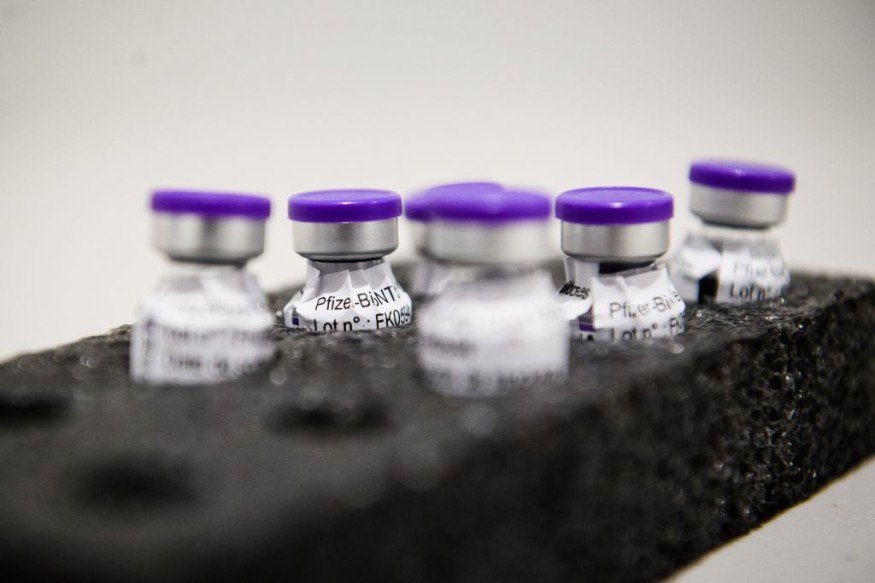
The Food and Drug Administration (FDA) approved updated mRNA vaccines from Pfizer and Moderna as COVID-19 cases rise this summer.
These new vaccines are designed to offer better protection against the virus, which continues to evolve into new strains.
FDA Approves New COVID-19 Vaccines
According to CNBC, the updated vaccines specifically target a strain of the virus called KP.2. This strain is a descendant of the highly contagious omicron subvariant JN.1, which was widespread earlier this year.
While KP.2 was the dominant strain in May, it now accounts for only about 3% of all cases in the US as of August 17, according to the Centers for Disease Control and Prevention (CDC).
Despite the lower prevalence of KP.2, health officials have emphasized the importance of the updated vaccines. The new shots are designed to generate a stronger immune response against several circulating variants, including KP.3, which is more common now. KP.3 makes up about 17% of current cases, while another related strain, KP.3.1.1, accounts for nearly 37% of cases.
CDC Director Mandy Cohen said the updated vaccines are closely matched to the KP.3 family of viruses, which is growing in dominance. The aim is to provide better protection against these new strains and reduce the spread of COVID-19 as we head into the fall and winter seasons.
High-Risk Groups Urged to Prioritize Vaccination
Health officials recommend that everyone aged six months and older receive one dose of the updated COVID-19 vaccine. Dr. Peter Marks, the director of the FDA's Center for Biologics Evaluation and Research, suggests waiting at least two to three months after the last COVID-19 vaccination or infection before getting the new shot. This waiting period helps maximize the vaccine's effectiveness.
High-risk individuals, such as those aged 65 and older, people with weakened immune systems, or those with serious health conditions, are especially encouraged to stay up to date with their COVID-19 vaccinations. These groups are more vulnerable to severe illness from the virus.
Furthermore, individuals who have or recently experienced multisystem inflammatory syndrome are advised by the CDC to postpone vaccination until they have fully recovered and at least 90 days have passed since the diagnosis of MIS-A or MIS-C, which are the specific types of the syndrome in adults and children, according to The Independent.
Pfizer and Moderna have announced that their new vaccines will soon be available in pharmacies, hospitals, and clinics across the US. Walgreens has stated that patients can start booking vaccination appointments at their stores nationwide, with appointments for individuals aged 12 and above available starting September 6.
To help people find vaccine locations, the CDC plans to reintroduce its appointment locator as more doses become available. This tool will help individuals find convenient places to get vaccinated.
The timing for getting the vaccine is a personal decision. In an interview with NPR, Dr. Marks mentioned that while he plans to get the vaccine soon, some people might prefer to wait until September or October. Getting vaccinated closer to the winter months could provide stronger protection during a potential winter surge of COVID-19 cases and the busy holiday season.
For those wondering about the cost, most private insurance plans, as well as federal programs like Medicare and Medicaid, cover the cost of COVID-19 vaccinations. Children can receive free vaccines through the federal Vaccines for Children program. Additionally, the CDC has set aside $62 million to help state and local programs provide vaccines to uninsured and underinsured adults.
Related Article : Johnson & Johnson Acquires V-Wave Ltd. in $600 Million Deal, Adding Heart Failure Innovations to MedTech Division















